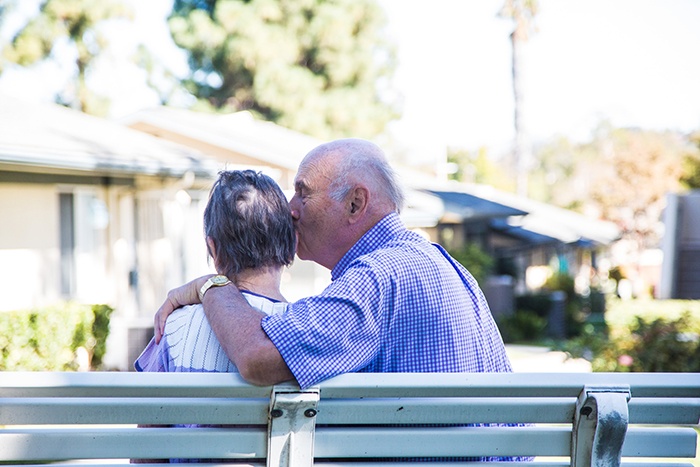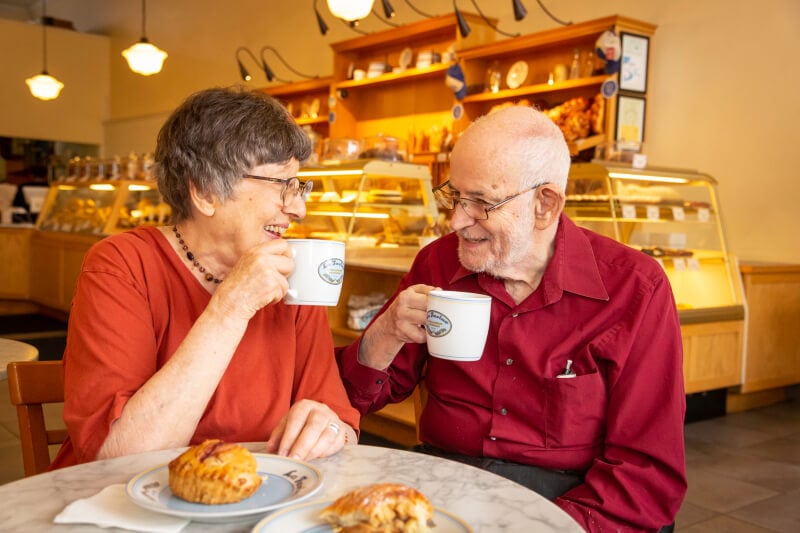STAY ACTIVE AND ENGAGED.
With your home taken care of — inside and out, from meals to maintenance — you’ll have the freedom to do more of what you love every day. In community living, you are never too far away from a friendly neighbor, which means you can connect with others more easily than if you were living at home alone.
Forming meaningful relationships with peers and stepping out of isolation can mean a healthier body, mind and spirit. Recent research has indicated that social connections are a strong predictor of longevity, with science demonstrating that peer connections and support can lead to decreased cognitive decline, decreased risk of heart disease and even decreased risk of premature death.
What types of social opportunities can you experience when you call an independent living community home? Well, almost anything you can think of! Here are a few examples of events or programs you might see in an independent living community:
- Volunteering with local nonprofits, at schools or as a zoo docent
- Taking courses offered on campus
- Going on excursions locally, nationally or even internationally
- Taking a Zumba, water aerobics, yoga or meditation class
- Exercising with a certified personal trainer in the on-site gym
- Enjoying a delicious meal with friends in the community bistro
- Participating in a community club, religious gathering or advisory board
With all these opportunities for face-to-face interactions and engagement, you’ll be feeling happier, healthier and more connected than ever before.
ACCESS FIRST-RATE AMENITIES.
One of the best parts about independent living is the top-notch amenities that are designed to enhance health, connection and overall wellness. As a resident, you’ll have access to everything an all-inclusive Life Plan Community has to offer, such as:
- Wellness center, spa and pool
- Delicious and nutritious chef-prepared meals
- Multiple dining options on campus
- Community gardens, solariums, atriums, walking paths and other green spaces
- LIbraries and inviting indoor/outdoor meeting spaces
- Gift shop and mail services
- Salon and barbershop services
- Wi-Fi and utilities
- Housekeeping, linen and laundry services
- Home and lawn maintenance
- Transportation services
- Security services
Independent living is all about saying goodbye to many of the stresses and hassles of homeownership so you can devote more time to doing what you love.
 Community living is much more affordable than you think. Understand the costs involved with our comprehensive guide.What Does It Cost?
Community living is much more affordable than you think. Understand the costs involved with our comprehensive guide.What Does It Cost?
































-2.png)

